The earliest temple civilization I could find when doing my research was located on the planes between the rivers Tigris and Euphrates, 16000 years ago. Let’s start there…
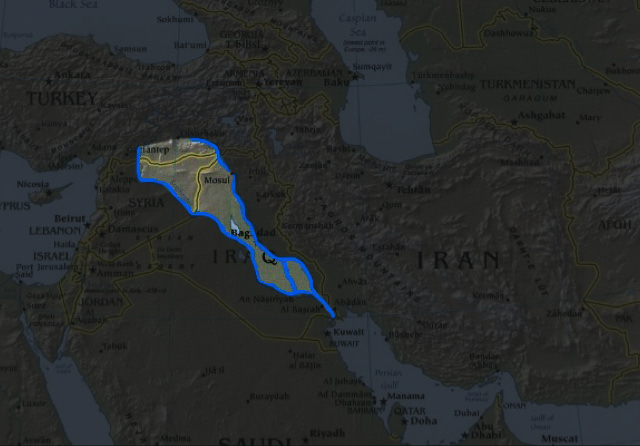
Mesopotamian Gods
Mesopotamian religion (14,000 B.C.) was polytheistic, with followers worshipping several main gods and thousands of minor gods. The three main gods were Ea (Sumerian: Enki), the god of wisdom and magic, Anu (Sumerian: An, Arabic: Anush), the sky god, and Enlil (Ellil, Marduch), the god of earth, storms and agriculture and the controller of fates. Ea is the creator and protector of humanity in both the Epic of Gilgamesh and the story of the Great Flood. In the latter story, Ea made humans out of clay, but the God Enlil sought to destroy humanity by creating a flood. Ea had the humans build an ark and mankind was spared. If this story sounds familiar, it should; foundational Mesopotamian religious stories about the Garden of Eden, the Great Flood, and the Creation of the Tower of Babel found their way into the Quran, and the Mesopotamian religion is the origin of the Sumerian religion, the Sumerian religion the origin of the Akkadian religion, the Akkadian religion the origin of the ancient Assyrian religion, the ancient Assyrian religion the origin of the Babylonian religion, the Babylonian religion the origin of Judaism, Judaism the origin of Christianity, and Christianity the origin of Islam. Anu would morph from being a god to becoming the son of Sheeth, who was the son of Adam. Adam was created by Enlil, the son of Ea, from clay and the blood of lesser gods that Enlil defeated in battle.
Sumerian Gods
Sumerians religion (6,500 B.C.) was an anthropomorphic polytheism, or of many gods in human form, which were specific to each city-state. The core pantheon consisted of An (heaven), Enki (a healer and friend to humans), Enlil (gave spells spirits must obey), Inanna (love and war), Utu (sun-god), and Sin (moon-god).
Akkadian Gods
Akkadians religion (2,334 B.C.) was an anthropomorphic polytheism. The three main gods were Anu, Bel, and Ea. Anu and Ea were created between the union of Apsu and Tiamat, and along with them the rest of creation came. Anu was depicted as the king of the gods, and a god that only the king could worship. In the Akkadian religion, he has a wife named Antum. Bel was shown by the Akkadians as the god of order and destiny, being the most important god. He was the god of cycles and fertility and the son of the highest god Anu. Ea was a god of great force and power, and was the god of ritual purification, sorcery, and incantation. He was also the god of craftsmen and artists, as he was the god who had given form to things. He was also was and officially the advisor to the king. The Akkadians also worshipped the sun god Shamash, and he finally became the most important god who defended justice and punished wrongdoers. He was shown with rays of light shining over the king.
Assyrian Gods
Assyrians religion (2,025 B.C.) was mainly polytheistic, but regionally henotheistic. Although the religion had approximately 2,400 gods, some cities had special connections with one particular god and built temples that were considered the deity’s home on earth. For the most part, gods had anthropomorphic bodies, but some were also associated with specific animals and astral or natural phenomena or abstract symbols. For instance, the god Ashur could appear as a bearded figure inside a winged sun disk or as just the disk without any anthropomorphic features. Ashur started out as a local deity but rose with the Assyrian Empire to become the supreme god of the Assyrian pantheon, strongly associated with kingship. In Assyria, religion and state were merged; the king doubled as a religious leader, and it was the duty of all Assyrians to serve both their king and their gods.
Babylonian Gods
Babylonians religion (2,025 B.C.) is the best known variant of a complex and highly polytheistic system of belief. Of the thousands of recognized gods, about twenty were important in actual practice. Anush, Enlil, and Ea, were patron deities of the oldest Sumerian cities and were each given a share of the Universe as their dominion. Anush, god of the heavens and patron god of Erech. Enlil of Nippur was god of the earth. The god of Eridu, Ea, was lord of the subterranean waters and the god of craftsmen. The son of Ea and patron god of Babylon, Marduk (Enlil) began to attain the position of prominence in Babylonian religion in the time of Hammurabi. After the political rise of Babylon, Marduk was considered one of the rulers of cosmos. In subsequent periods, Merodach was considered the leading god and was given the epithet Baal. Marduk’s son Nebo, god of the nearby city of Borsippa, was considered the god of writing and scribes and became especially exalted in the Neo-Babylonian Period. Astral deities included the sun god Shamash, the moon god Sin, and Ishtar/Aphrodite/Venus, goddess of the morning and evening star. Sin was the patron god of Ur and Haran, both associated with Abraham’s origins. Ishtar, the Canaanite Astarte/Ashtaroth, had a major temple in Babylon and was very popular as the “Queen of Heaven”.
Lineage of Abraham (Ibrahim):
- Ibrahim
- Azar
- Tahur
- Shahru’
- Abraghu
- Falikh
- Abir
- Shalikh
- Arfakshad
- Sam
- Nuh
- Lumik
- Mutu Shalkh
- Akhnukh (Idris)
- Yarid
- Mahla’il
- Qainan
- Anush*
- Sheeth
- Adam
Jewish God
Judaism’s (705 B.C.) God Yahweh first revealed himself to a Hebrew man named Abraham, who became known as the founder of Judaism. God made a special covenant with Abraham and the descendants of Abraham is a chosen people who will create a great nation.
Abraham’s first born son was Ishmael. After many years, Abraham’s son Isaac was born. Isaac was the father of Jacob, Jacob took the name Israel, the father of Judah. Israel and his children and future generations are known as Israelites. According to scriptures, God revealed his laws, known as the Ten Commandments, to Moses at Mt. Sinai.
Christian God
Christian’s (Anno Domino) god Jehova is the God of Abraham. Abraham’s descendant Judah was the father of Perez, Perez the father of Hezron, Hezron the father of Ram, Ram the father of Amminadab, Amminadab the father of Nahshon, Nahshon the father of Salmon, Salmon the father of Boaz, Boaz the father of Obed, Obed the father of Jesse, and Jesse the father of King David. David was the father of Solomon, Solomon the father of Rehoboam, Rehoboam the father of Abijah, Abijah the father of Asa, Asa the father of Jehoshaphat, Jehoshaphat the father of Jehoram, Jehoram the father of Uzziah, Uzziah the father of Jotham, Jotham the father of Ahaz, Ahaz the father of Hezekiah, Hezekiah the father of Manasseh, Manasseh the father of Amon, Amon the father of Josiah, Josiah the father of Jeconiah, Jeconiah was the father of Shealtiel, Shealtiel the father of Zerubbabel, Zerubbabel the father of Abihud, Abihud the father of Eliakim, Eliakim the father of Azor, Azor the father of Zadok, Zadok the father of Akim, Akim the father of Elihud, Elihud the father of Eleazar, Eleazar the father of Matthan, Matthan the father of Jacob, and Jacob the father of Joseph, the husband and cousin of Mary, and Mary was the mother of Jesus, who’s father was God.
Muslim God
Islam’s (570 C.E.) God is the God of Ibrahim (Abraham) and his son Ishmael plays an important role in the Quran. One day God asked Abraham to sacrifice his son but when Abraham was about to slaughter Ishmael, God halted him, praised him for his loyalty, and commanded him to sacrifice a ram instead. This event is remembered by Muslims as Eid ul-Adha. After some time upon God’s command, Abraham sends Ishmael and his mother Hagar to the desert with God’s promise of protection. The Quran takes a special interest in Hagar and her son, through whom Arabs trace their connection to Abraham. Each year during the Hajj (the ritual pilgrimage) in Mecca, pilgrims reenact Hagar’s desperate search for water for her infant son, running seven times between two hills and drawing water from the well of Zam Zam, said to have sprung miraculously from the dry earth at the baby Ishmael’s feet. Ishmael was the ancestor of Nabut, Nabut the ancestor of Adnan, Adnan the father of Ma’ad, Ma’ad the father of Nizar, Nizar the father of Mudar, Mudar the father of Ilyas, Ilyas the father of Mudrikah, Mudrikah the father of Khuzaimah, Khuzaimah the father of Kinanah, Kinanah the father of An-Nadr, An-Nadr the father of Malik, Malik the father of Fihr, Fihr the father of Ghalib, Ghalib the father of Lu’ay, Lu’ay the father of Ka’ab, Ka’ab the father of Murrah, Murrah the father of Kilab, Kilab the father of Qusai, Qusai the father of Abd Manaf, Abd Manaf the father of Hashim, Hashim the father of Abdul-Muttalib, Abdul-Muttalib the father of Abdullah, Abdullah the father of the Prophet Muhammad (Peace be upon him).
The Quran stresses twice that it does not make distinction between the revelations by Abraham, Ishmael, Isaac, Jacob, and the tribes (i.e. the sons of Jacob), and that which Moses and Jesus revealed, and that which other prophets received from Allah (Glory to Him, the Exalted).

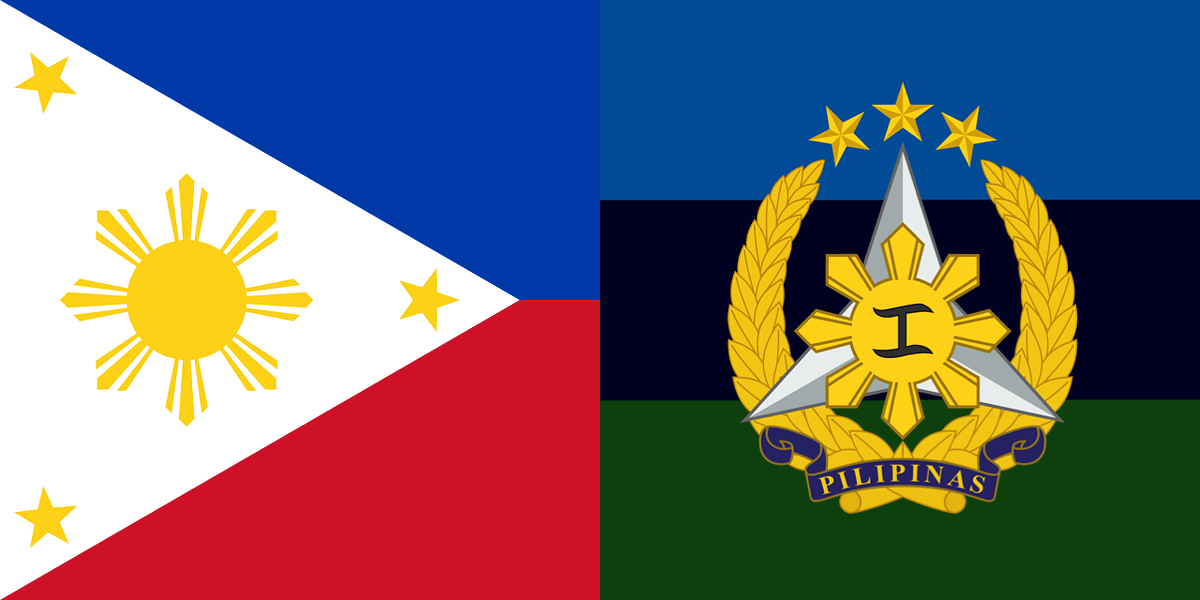


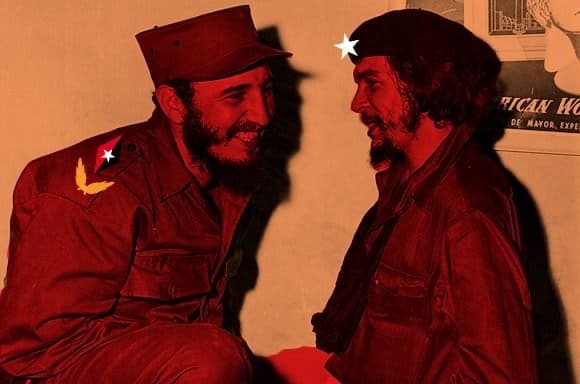
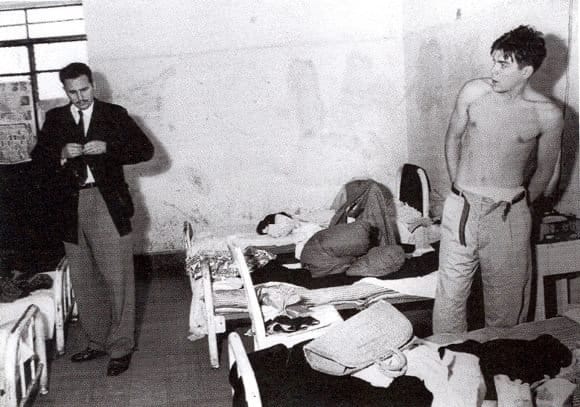
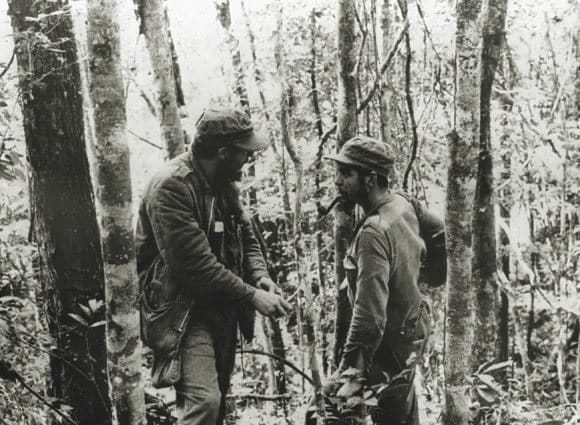
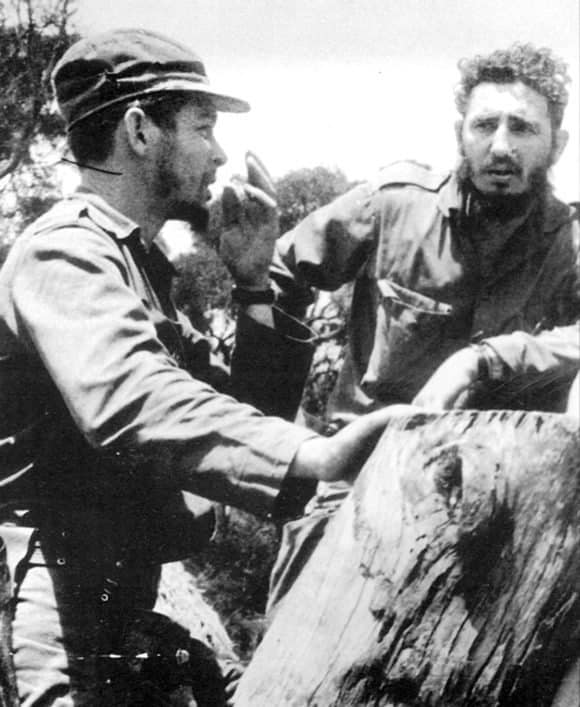
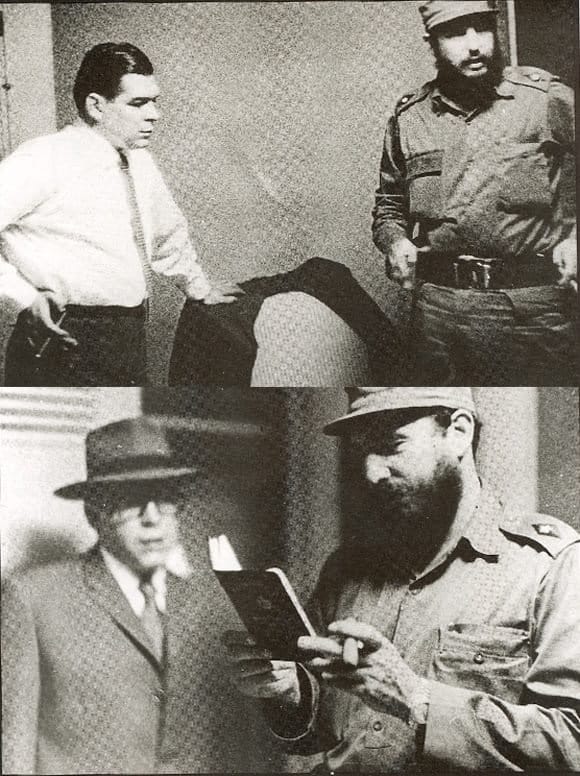
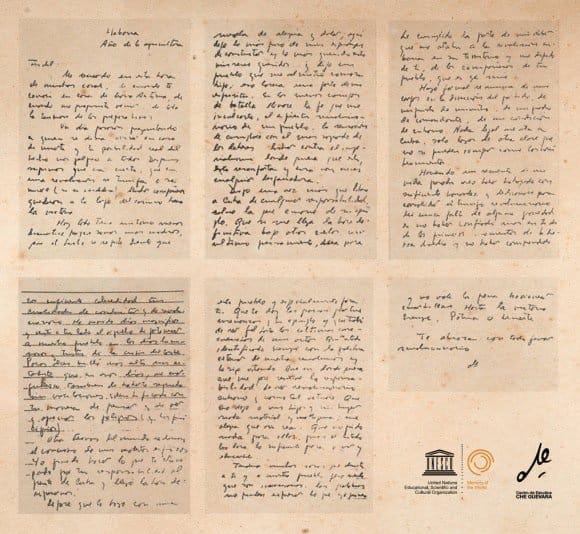

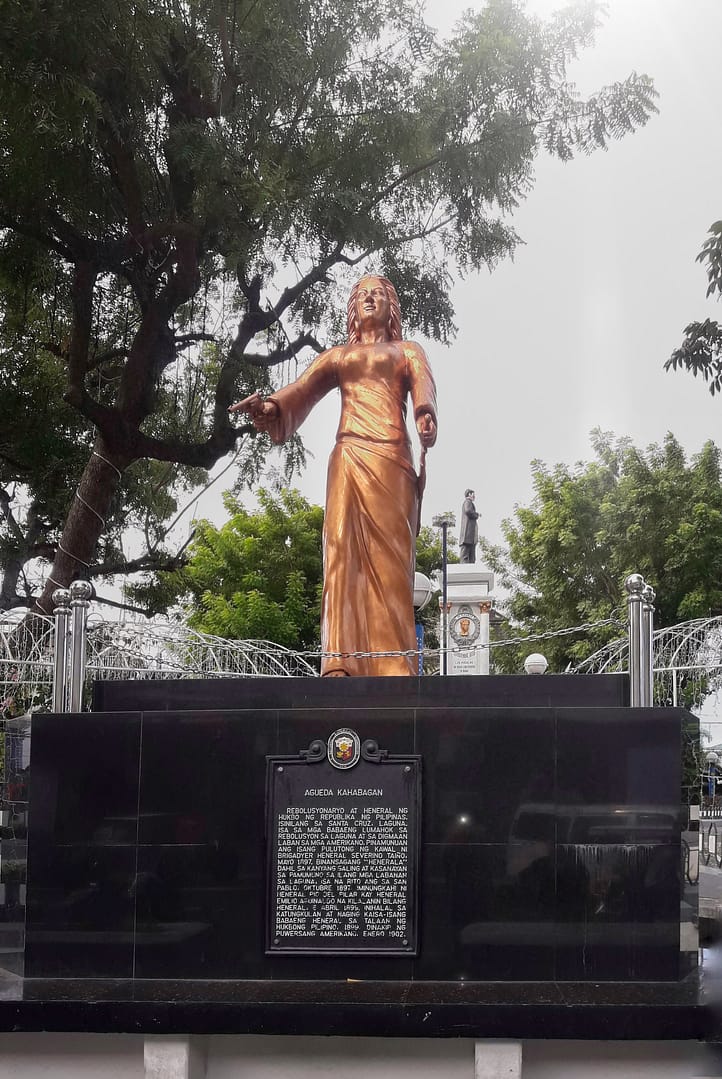
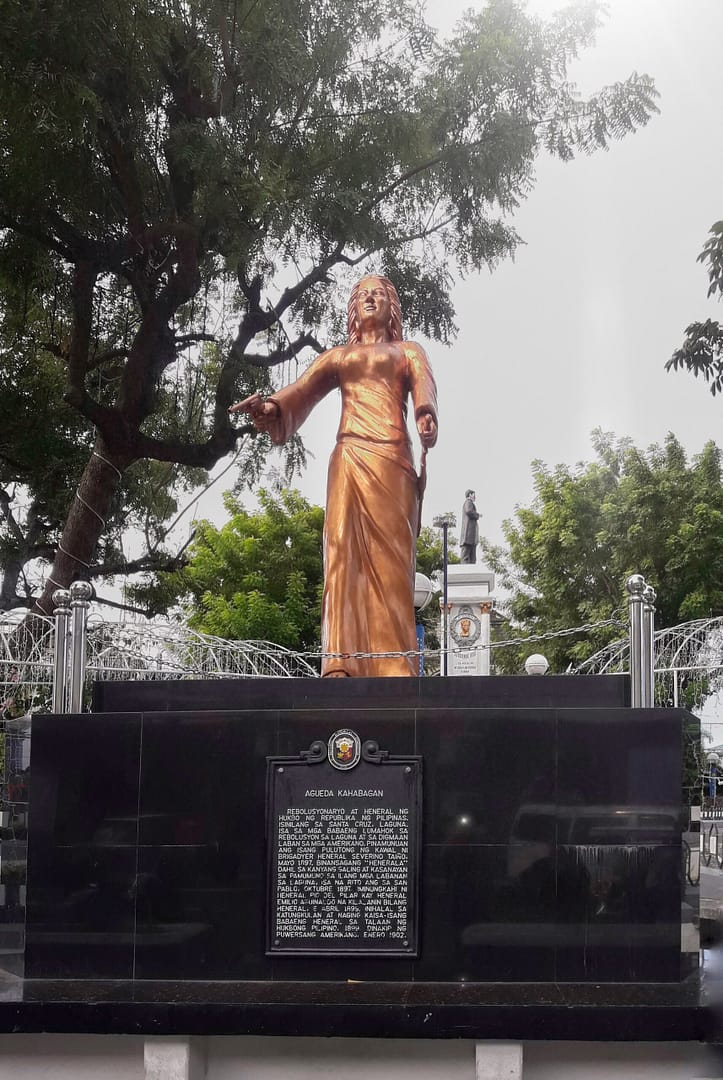

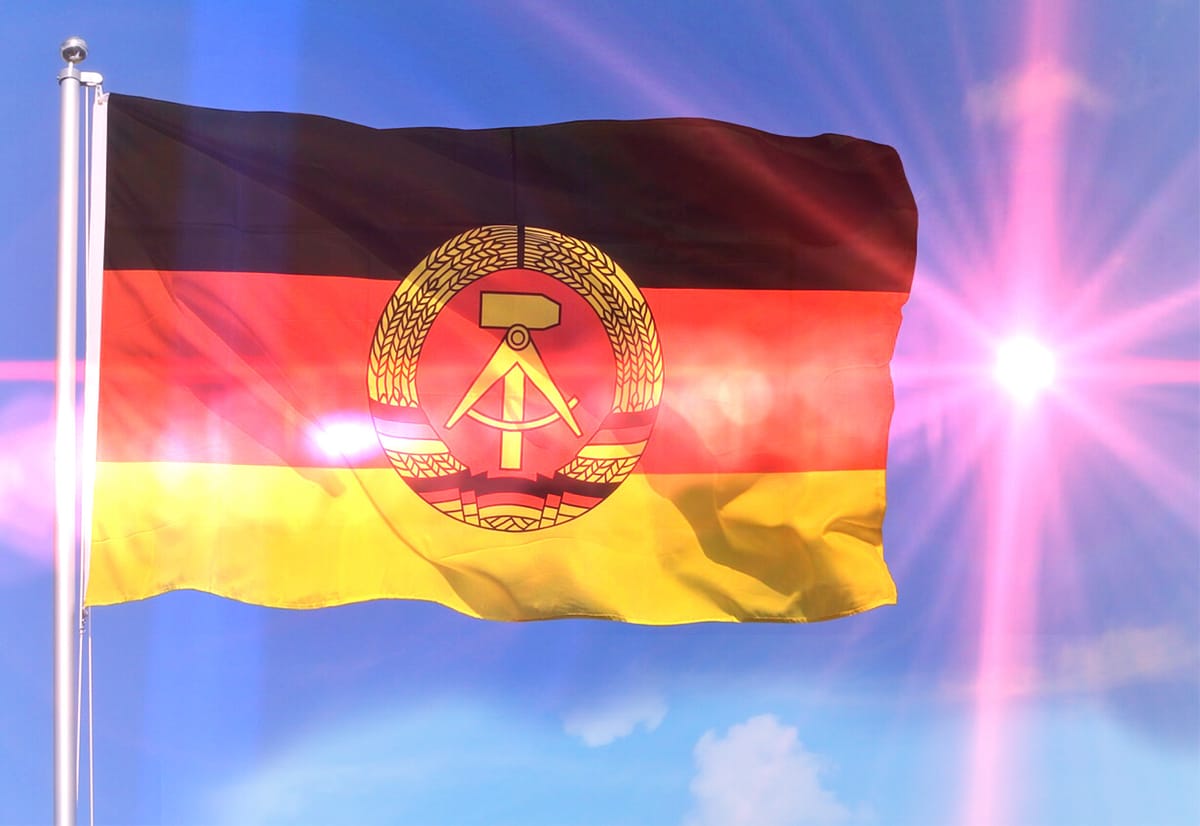


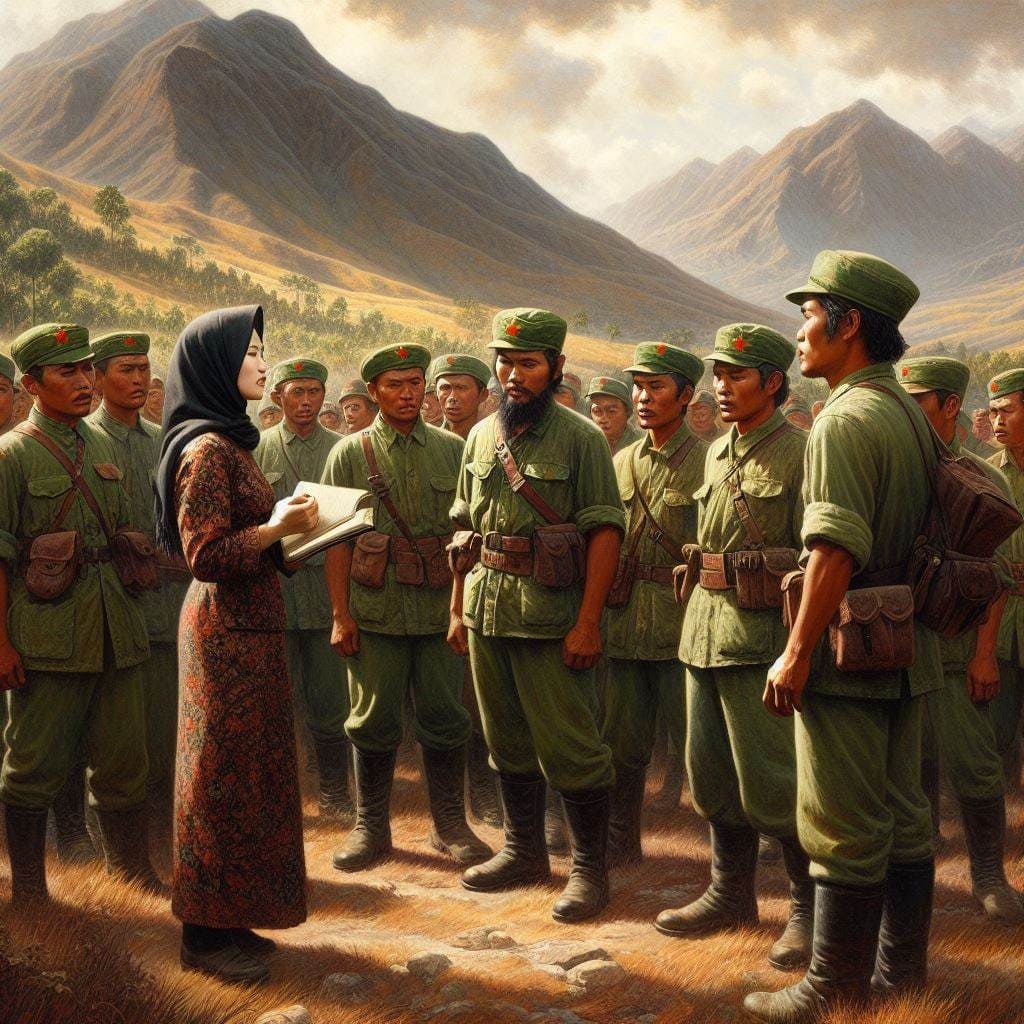
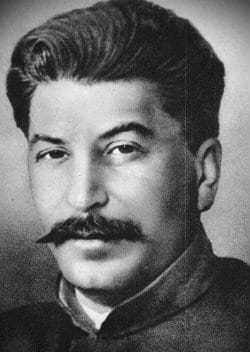
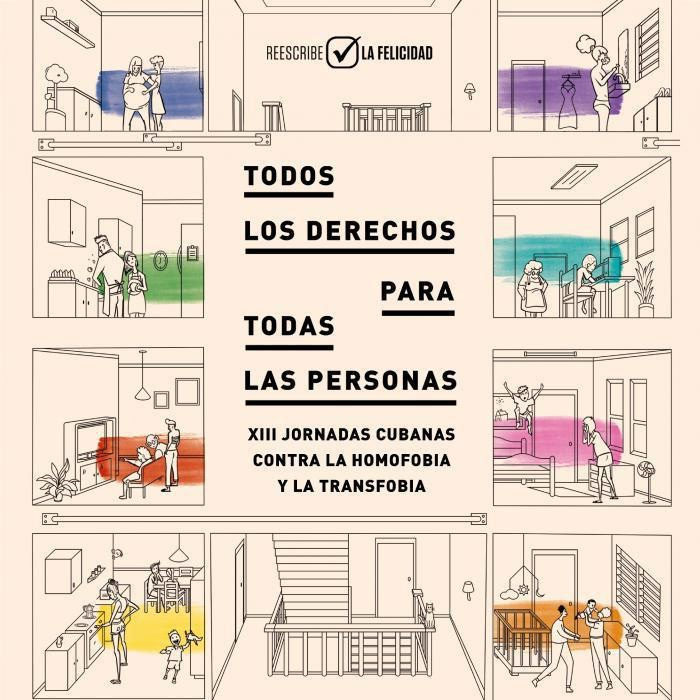
This web site definitely has all the information I needed concerning this subject and didn't know who to ask.
Keep on working, great job! Here is my homepage 스포츠 하이라이트 보기
Thanks for sharing. I read many of your blog posts, cool, your blog is very good.
What is it to doubt? It's a metaphorical biblical reference by an anonymous Tagalog poet.
Can you be more specific about the content of your article? After reading it, I still have some doubts. Hope…